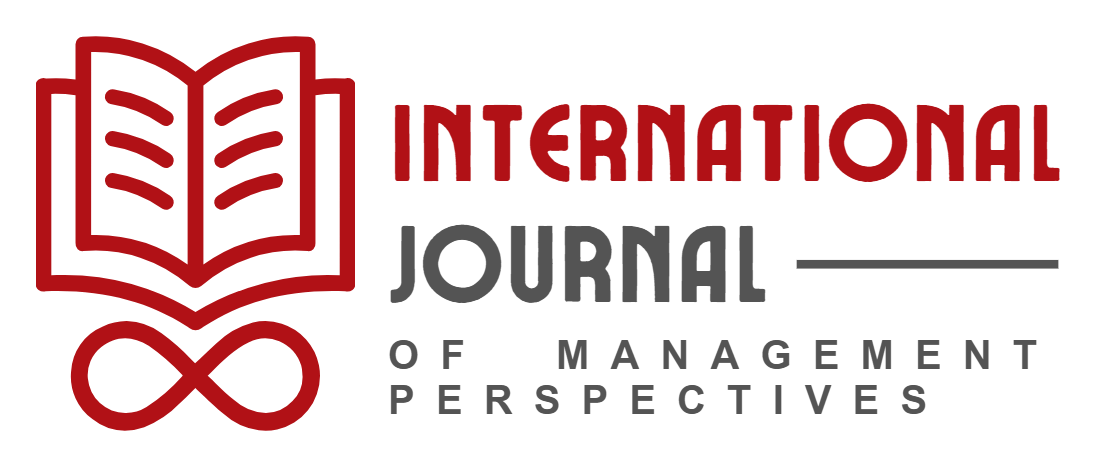The work environment is becoming increasingly competitive. As a result, companies require highly skilled and trained staff to remain relevant in their industries.
REGENT offers corporate training solutions that will develop your workers’ skills and drive your company into the future with a competitive edge.
Today’s article will discuss corporate staff training and its benefits. We will also explain why many corporate training initiatives fail and the steps you can take to set up an effective corporate training strategy to enhance your chances of success.
What is corporate training?
Corporate training is learning activities provided to employees by their employers — usually free of cost. It covers various topics to help improve their skills, knowledge, and technical competence.
This type of training is highly beneficial to companies since it allows them to have a stronger workforce that can drive their organisations forward.
It also benefits workers since it enhances their skills and helps them adapt to rapidly changing work environments.
Importance of corporate training
Investing in your employee’s professional development and career growth is vital in today’s competitive work environment. Skills development in South Africa is especially important since it promotes economic growth and a more diverse workforce.
Some of the main advantages of corporate training for companies include the following:
- Skill development: Corporate business training programmes help employees learn new skills and knowledge relevant to their positions. These skills help them perform their duties more effectively and contribute to better project deliverables.
- Adaptation to new technologies: With rapidly advancing technologies, companies must keep their employees updated with the latest tools, software, and systems so they can help the company grow.
- Improved employee performance: Well-trained employees can perform better and complete tasks faster. This could also result in higher quality products and customer satisfaction, ultimately making the company more competitive in its market.
- Employee satisfaction: Employees can learn to communicate better and work well in teams. This could lead to a better company culture, increased employee satisfaction, and lower employee turnover. Learning and career development are amongst the top 10 factors for employee happiness.
- Risk mitigation: Development programmes can help employees be better prepared to follow safety procedures, significantly reducing the risk of accidents, costly mistakes, or legal issues.
- Enhanced creativity: Corporate training can help develop employees’ innovative thinking and creativity by encouraging them to think critically and approach their work with new and innovative ideas.
- Saved costs: While corporate staff training requires an initial investment, it can help companies save significant costs in the long run. A well-trained workforce requires less management and supervision. They’re also better skilled and can perform higher quality work.
Top 3 reasons why many corporate trainings fail
While corporate training can benefit companies, they need to approach it correctly to be successful. Otherwise, the training may fail and cost a lot of money for no return. Here are some of the main reasons why corporate training fails.
1. Too much information
Sometimes, companies may be so excited at the prospect of developing the skills of their employees that they try to stuff too much information into training sessions. This leaves employees overwhelmed and sometimes even causes burnout.
This is where training from qualified institutions, such as REGENT, can be highly beneficial. These institutions train employees using microlearning methods where they learn information in short pieces at a time so it is easier for them to retain.
2. Misalignment with employees and goals
Sometimes, employees are taught skills irrelevant to their career industry or job description. This leads to a massive waste of time and costs.
Even worse, training not aligned with your employees and their career path can make them feel unaligned, overwhelmed, and confused.
This is why companies must focus on offering the proper training to their employees that is relevant to their roles.
3. Outdated training methods
In today’s fast-paced world, people’s attention spans have drastically shortened. This is the same for employees when it comes to training.
When companies use dull, boring, and highly information-heavy manuals to train their employees, they risk losing their attention.
Companies must find more engaging ways to train their employees, including video lessons, gamification, or even working with an employee reward system.
What is the corporate training strategy of a business?
A corporate staff training strategy is a plan that outlines how a company will improve its workers’ skills and knowledge to help reach organisational goals.
There are several steps involved in creating these training plans.
- Needs assessment: Companies need to determine what type of training is necessary in their organisations. They do this by assessing their workforce’s current skills and looking for any skills gap that needs to be filled.
- Select a training programme: After the company has identified the necessary skills training, it can choose specific training courses that can help its workers build these skills. They need to consider time and monetary investment when looking at different programmes. Some courses, such as the corporate training programmes offered by REGENT, take on distance learning models — meaning employees can study while working full time.
- Success evaluation: Companies need to assess the effectiveness of these training programmes through data and skills measurement methods. This way, they can refine and improve their future training efforts.
- Incorporate leadership training: Companies also need to incorporate leadership training courses into their corporate training efforts to have strong leaders and managers to help drive the company forward.
- Measure ROI: After completing the training programme, companies should measure its effectiveness by looking at their return on investment. They can measure key performance indicators (KPIs) related to employee performance, productivity, efficiency, and company outcomes.
Build a future-ready workforce with REGENT
Equipping your workforce with advanced skills and ensuring they can adapt to technological advancements will give your company a competitive advantage.
REGENT offers various corporate training programmes, including higher education learning programmes, leadership training, and short courses.
Regardless of the type of skills and knowledge your employees need, we have the solution for it. Learn more about our corporate training solutions.


